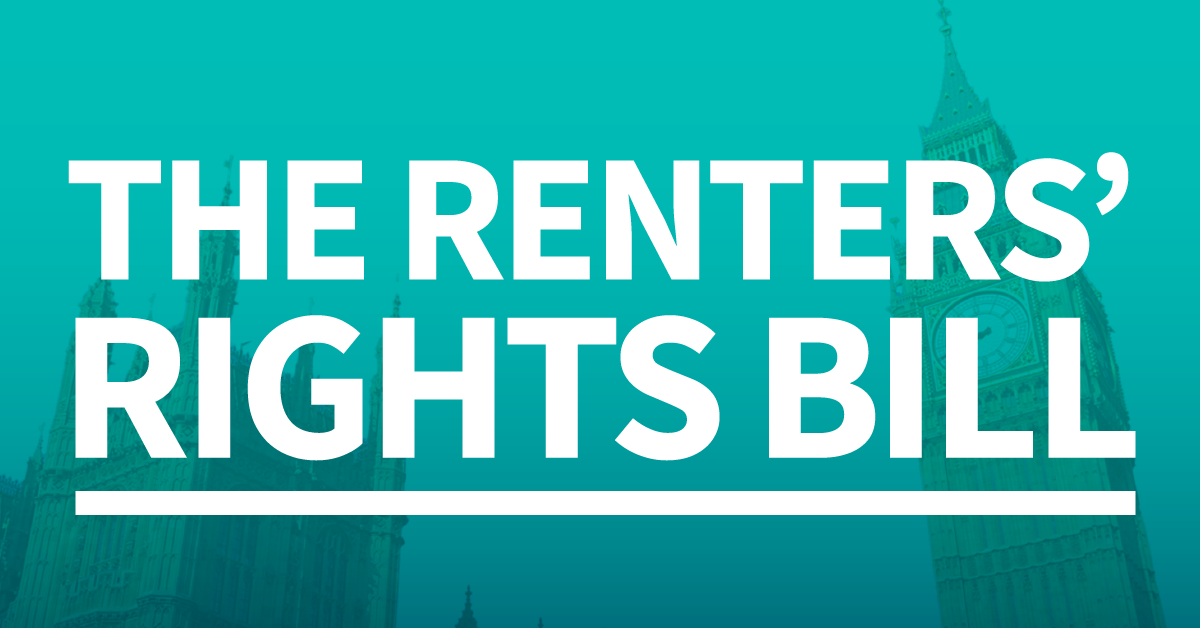

Renters' Rights Bill: Can the courts cope?
The third Committee stage sitting of the Renters’ Rights Bill (RRB) in the House of Lords took place on Monday, with debate centring on whether the court system is ready to cope with the anticipated surge in possession claims once Section 21 is abolished. Public Affairs Officer Mia Rotaru explains more.
Peers from across the House of Lords have voiced concerns that, without a meaningful court reform, the ambitions of the Renters' Rights Bill could be seriously undermined.
The NRLA, once again, shaped the discussion, with several Peers referencing our research and recommendations following pre-Committee briefings.
NRLA evidence shapes debate
Baroness Wolf of Dulwich cited NRLA findings in support of a rent appeals triaging system led by the Valuation Office Agency (VOA), to prevent England’s tribunals from facing the same pressures seen in Scotland. She noted: “The National Residential Landlords Association obtained information under a freedom of information request, which showed that, in the four months from April to July 2024, 928 applications were made to Rent Service Scotland to appeal a proposed rent increase.”
Other Peers echoed NRLA concerns over the capacity of the courts, referencing our calls for a full review of how the justice system will manage the increased demand, with Lord Northbrook saying: “This review, supported by the National Residential Landlords Association, would assess case volumes, the court’s ability to manage demand, the efficiency and timeliness of proceedings, and the administrative burden on the courts.”
Lord Jamieson added: “Similarly, the National Residential Landlords Association has been vocal about the unintended consequences of these measures, warning that more regulation without proportional support risks undermining the viability of the sector".
Rent increases, rent controls and rent in advance.
The discussion also ranged across other important issues raised by Peers including:
Notice periods and rent increases:
Concerns were raised about how appeals over rent increases could strain already stretched tribunals. Several Peers highlighted that since tenants will not be liable to pay the increased rent until a tribunal makes its determination, many won’t have much to lose by appealing to the courts, leading to overwhelming the system and delays that could stretch into months.
There was widespread agreement that, unless the Government steps in with adequate support and protection, many landlords could exit the market. An issue that the NRLA Chief Executive Ben Beadle warned during his intervention before the Commons Committee in October.
Rent controls
The Government reaffirmed its opposition to rent controls or fixed rent caps, stating that the process included in the Bill will give tenants with sufficient recourse to challenge unfair increases.
Rent in advance
Abolishing rent in advance lead to a cross-party concern, particularly around its potential impact on international students and tenants with limited credit checks. Some suggested viable alternatives such as university-backed guarantee schemes or local authority support. However, it was acknowledged that these measures could place additional strain on already stretched institutions.
The Government rejected the idea of rent in advance, citing risks of misuse, and instead promoted the use of professional guarantor products, particularly for international students.
What’s Next?
Peers will return to the Bill for its fourth sitting next Tuesday, 6th May, with the final Committee stage expected to be Tuesday 14th May.
To help members stay informed, the NRLA will continue to monitor and engage with proceedings closely.
Our webinar on 15 May will offer members a timely and practical breakdown of what’s been discussed, and crucially what to expect from the report stage in the House of Lords.

